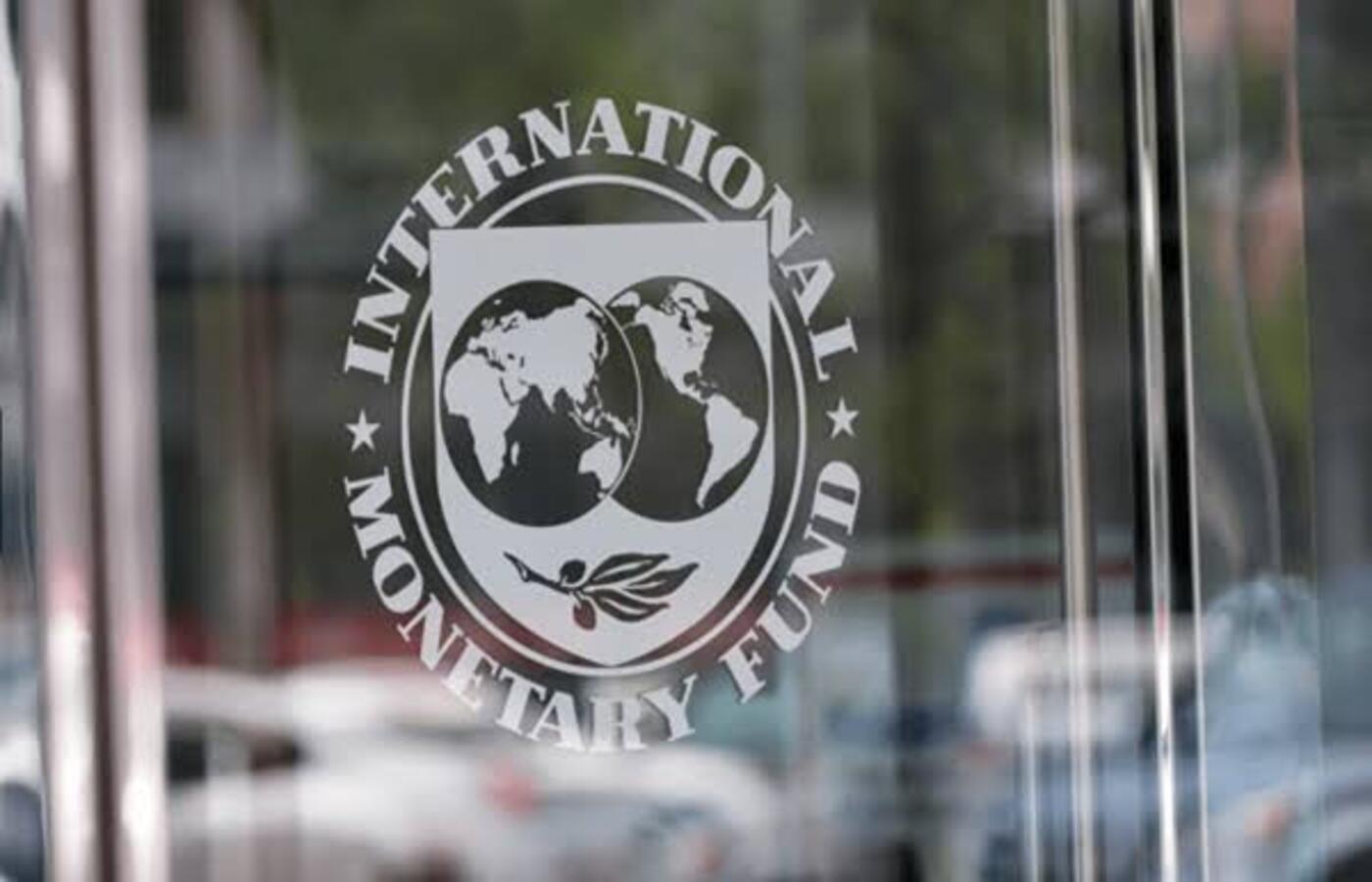In an unexpected move reserved for war-torn countries and failed states, the IMF has not released a GDP growth forecast for Ethiopia in its latest World Economic Outlook published two months ago.
Afghanistan, Libya and Syria did not also make it to the list of economies whose growth forecasted. Though no justification has been given, analysts say the conflict in Tigray is the most likely reason why the Fund omitted Ethiopia in its latest Outlook, citing uncertainty.
But many wonder how the Economy is performing in light of the destruction caused by the war in North Ethiopia and the financial burden it has caused.
Economy Remains Resilent
During the last fiscal year, ended on July 8, 2021, Ethiopia's economy grew by eight percent, according to the Ministry of Finance. This seems a big number considering the numerous challenges the country has faced last year, from the coronavirus pandemic that brought the tourism and aviation sectors at standstill to the war that dried source of revenue for the government and disrupted major business and economic activities.
Officials however seems confident that the war economy performed good, citing the reforms undertaken in the last three years. Of course, some regions are in a better economic condition. For instance, the farming sector saw a remarkable growth in Oromia, Somali and South regions. This is demonstrated by the cluster farming revolution seen in many parts of these regions.
Business activities remain normal in the capital, the center of trade in Ethiopia. Exports of goods reach at historic high level last fiscal year, hitting 3.6 billion dollars. Shipments of coffee, in particular, showed a drastic growth, and it is likely to surpass the one billion dollars mark this year, considering the record breaking performance registered thus far.
Inflation is still alarming stage
In the last three years, nothing has been challenging as averting the inflationary pressure haunting the country. It did not only remain in double-digit territory but also reached at the highest level in a decade. Last month, headline inflation eased to 33 percent from 34.2 percent in October 2021. Food inflation slowed down from 40.7 percent to 38.9 percent.
The slowdown seems a promising development to tame the rising living cost that has been a source of frustration for most households. But it is unlikely that the nation would witness similar inflation patterns in months to come.
Analysts fear the inflationary pressure would remain strong or exacerbate because of the fuel price adjustment made recently. Add the huge supply of goods required in areas that are now freed from the liberation of the TPLF, it will surge demand and may lead to soar in inflation if it is not matched by similar growth in supply.
Unemployment Still a Concern
As every attention diverts to war efforts, no one seems to be concerned by the age-old problem of Ethiopia, unemployment. It hardly get the attention of policymakers and the media, the fourth estate. Yet that doesn't mean it is not a concern at all.
Many university graduates are still at their home, seeking for employment opportunities that seems to be nowhere to be found. As the construction industry face the biggest slowdown in a decade, the fate of many daily laborers is in jeopardy.
As the government suspends many projects after facing a budget squeeze, thousands of job-seekers that were supposed be hired by contractors handling mega projects are left in the cold.





